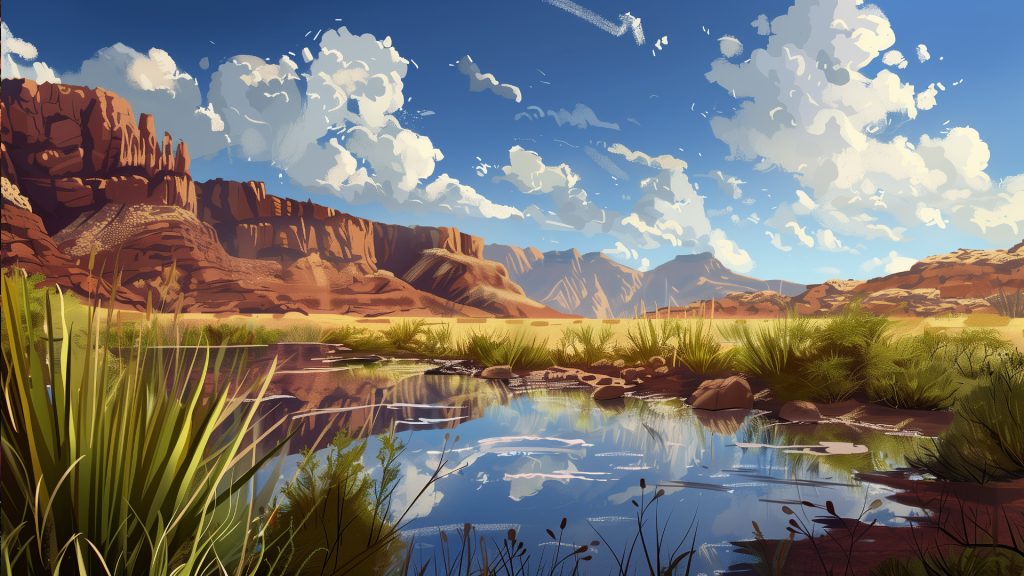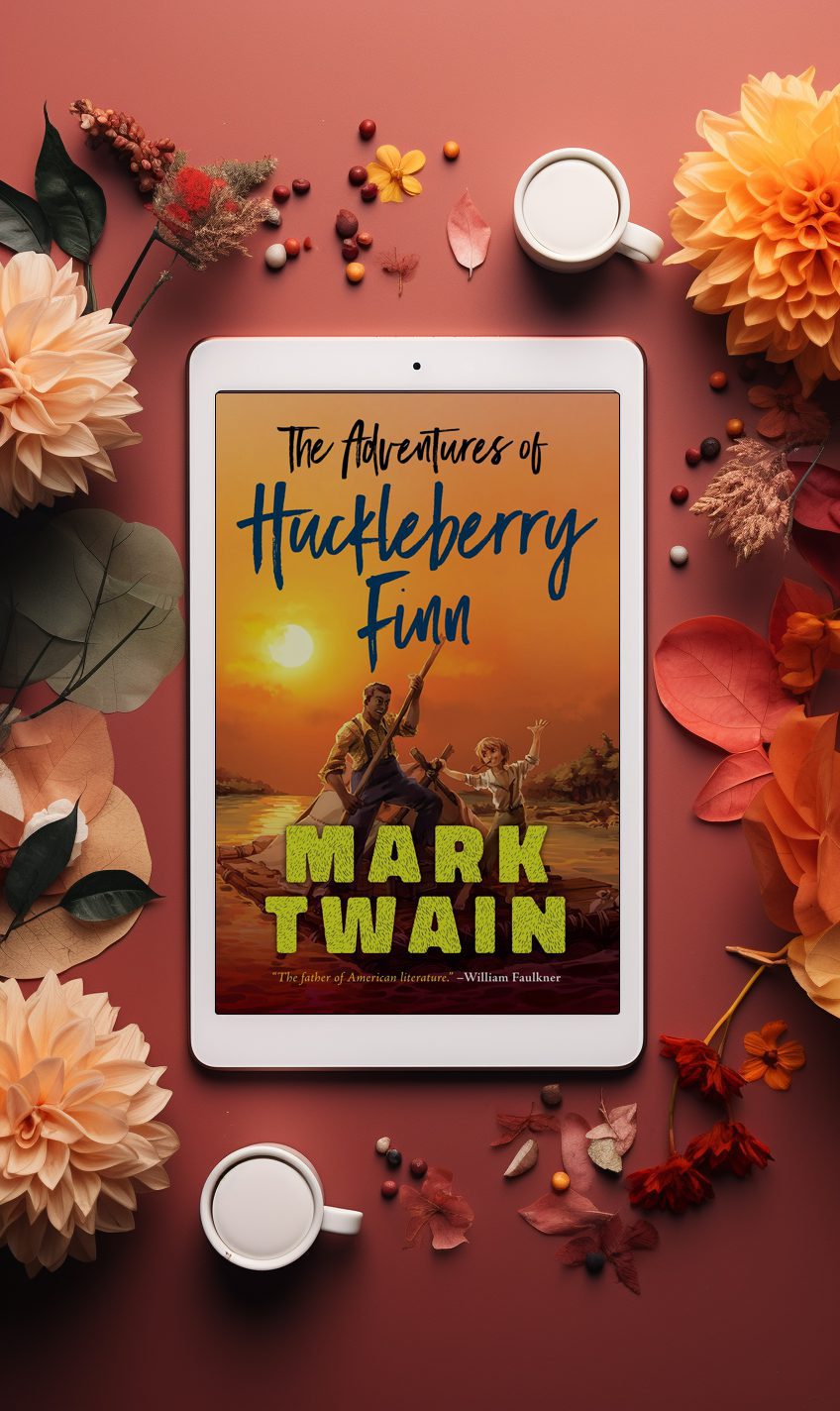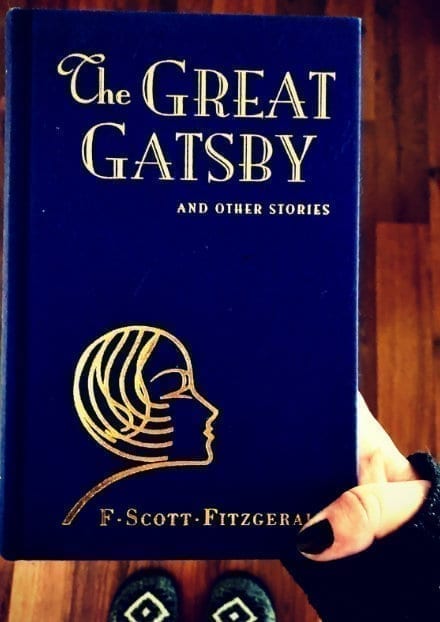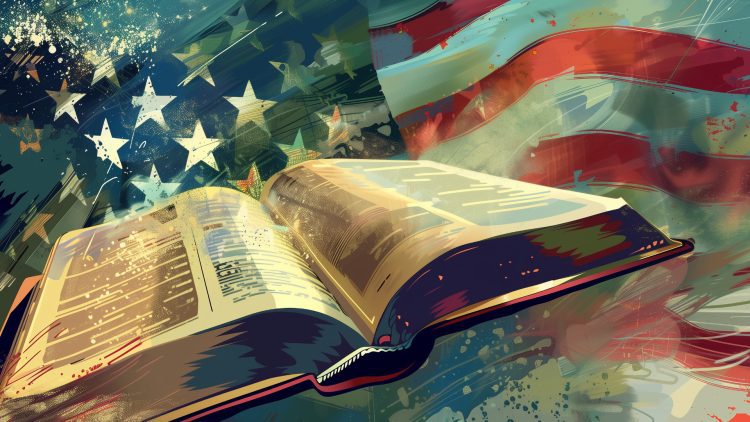American Literature was born in the early 1600s in the Colonial and Early National Period with the arrival of the Puritans and extended into the 1800s. The early writings mainly dealt with religious themes, morality, and exploring the human condition.
Anne Bradstreet, a poet, stands out as a beacon of resilience in early American Literature. Despite societal norms that confined women to domestic roles, she fearlessly leveraged her extensive education and library to create impactful poetry, inspiring future generations.
RelatedModern Americana: What Are Its Characteristics?
Jumping Off Points For American Literature

The American Revolution, a pivotal moment in history, significantly influenced the literature of the time, giving rise to Revolutionary Literature. This genre encapsulated the political and social ideals pivotal to the revolution, as exemplified in Thomas Paine’s writings. The revolution not only marked a significant shift in the literary landscape but also inspired a wave of patriotic and politically charged literature, shaping the future of American Literature.
The emergence of the American Novel during this period was a significant development, showcasing the rich diversity of topics and perspectives explored. These novels, often depicting the social changes of the 18th century and beyond, serve as valuable historical documents. Notably, James Fenimore Cooper celebrated the idea of First Nations people, while other authors explored historical narratives, enriching the literary landscape of the time with their unique voices.
American Literature in the 19th Century

The Adventures of Huckleberry Finn
Google Books Preview:
Author:
Mark Twain
Published:
12/10/1884
Genre:
Publisher:
Chatto & Windus
Number of pages:
436
ISBN:
UOM 39015000557994
The 1800s, a century of sizable change, saw the appearance of Romanticism in American Literature. This literary movement brought transcendental philosophy to the forefront, emphasizing intuition, nature, and individualism. Notable authors of this period include Ralph Waldo Emerson and Henry David Thoreau.
RelatedEssential Americana Reads: 10 Novels That Tap Into The Spirit of Americana
Edgar Allan Poe, another essential author of the time, brought Gothic fiction to America. His stories included horror, mystery, and the supernatural; he was also the first to write a detective novel and unsuccessfully tried his hand at science fiction, which inspired Jule Verne and many others.
Then, from the late 1800s into the early 1900s, literature turned to realism, which focused on depicting life as it was, thus including social issues.
Here, a notable author was Mark Twain, who brought us The Adventures of Huckleberry Finn, a boy who lived adventures on the Mississippi River as a social critique as he used colloquial speech in his writings, which was unusual at the time. Mr. Twain is considered to have written the ultimate novel. At the time, there was also Stephen Crane, who wrote about human behavior and the influence of the environment.
The 20th Century and Beyond

The Great Gatsby
Google Books Preview:
Author:
F. Scott Fitzgerald
Published:
01/05/2021
Genre:
Publisher:
Modern Library
Number of pages:
192
ISBN:
9780593133569
RelatedCormac McCarthy’s Revelations of Americana’s Dark Side: Exploring the Unseen
The mid-1900s saw disillusionment with The Lost Generation after the horrors of World War I, with F. Scott Fitzgerald and Ernest Hemingway. Conversely, it was also a time to celebrate African American culture and identity with Langston Hughes and Zora Neale Hurston.
Contemporary and Postmodern Literature from the mid-1900s to the present encompass the Beat Generation, which focused on the countercultural themes of experimentation and spirituality with Jack Kerouac.
Postmodernism, a literary movement that emerged in the mid-20th century, meant changing the narrative structure and exploring metafictions with Thomas Pynchon. This movement, characterized by a self-conscious approach to storytelling and a rejection of traditional narrative forms, had a significant impact on American Literature. Essentially, contemporary fiction means diverse voices and styles that address modern issues, as seen in Philip Roth’s writings.
As the years progress and this titan of a genre continues to develop, there will most likely be significant shifts in the world of American Literature. As the socio-cultural landscape shifts, there are sure to be many great American novels that will be studied for generations to come.
















